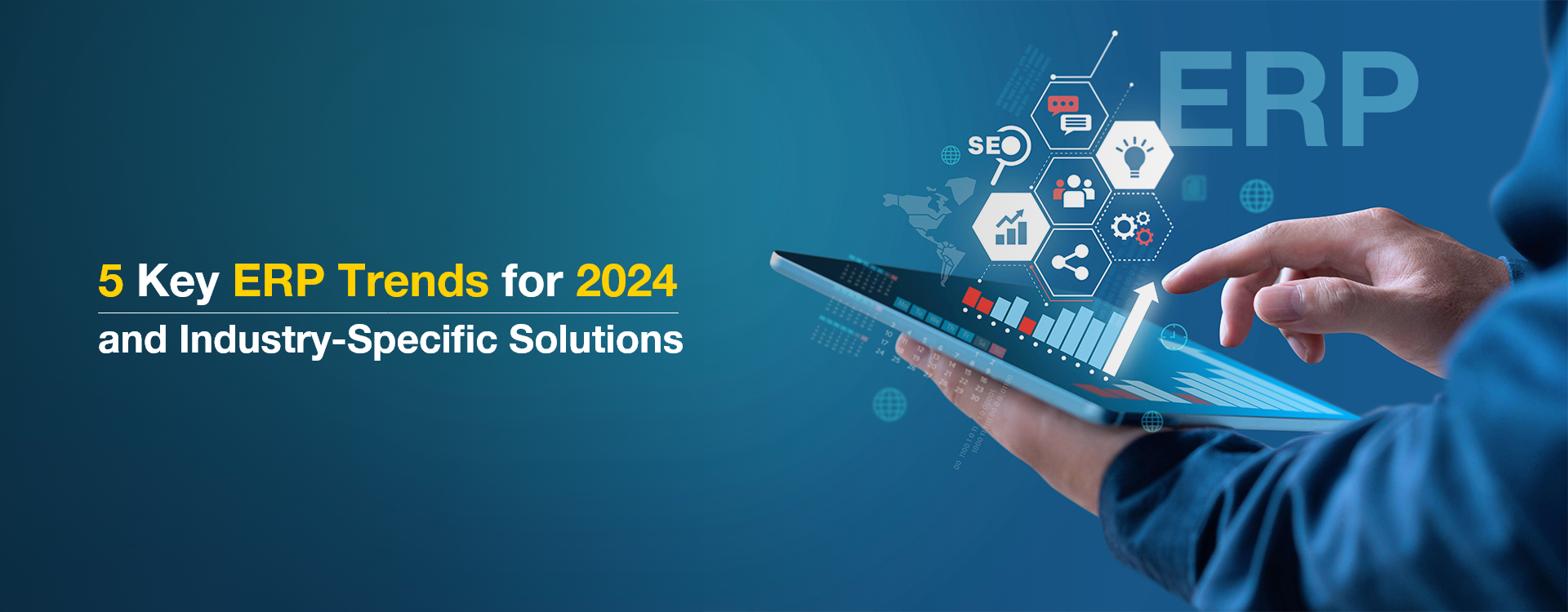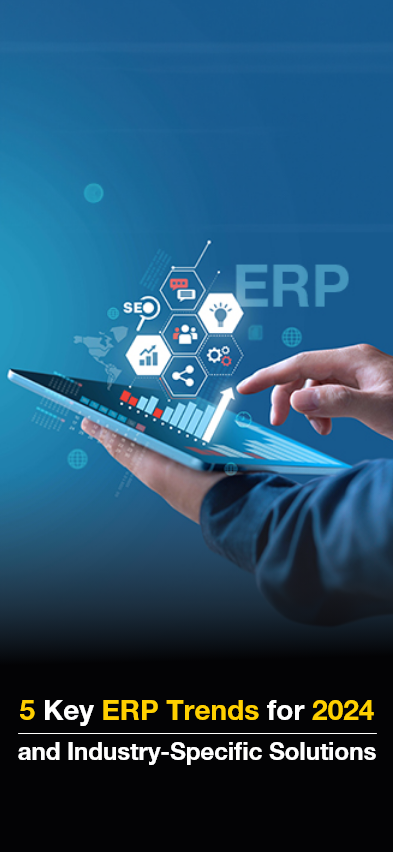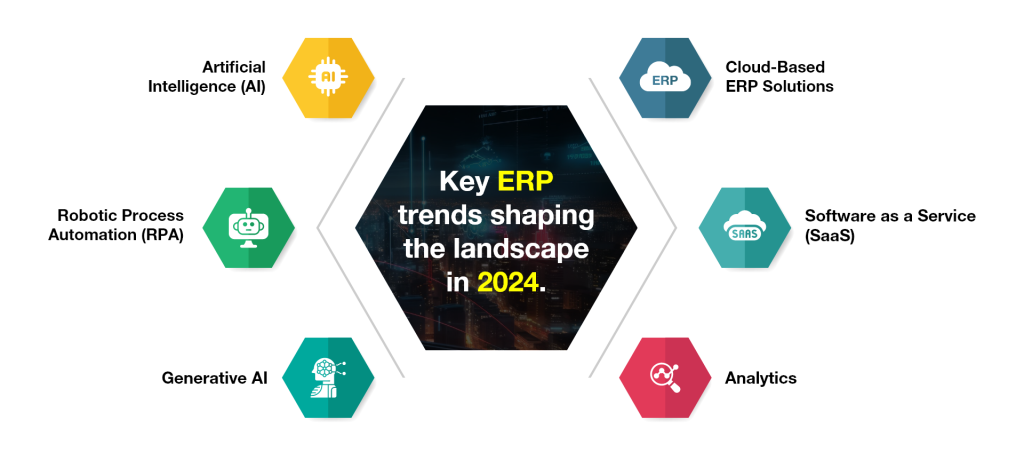Advancements in ERP solutions
Let’s explore the key ERP trends that are shaping the landscape of ERP in 2024 and beyond, reflecting the latest advancements in the field.
1.Industrial ERP will be driven by the capabilities of AI:
2.ERP modernization drives the shift to cloud ERP.
Many ERP customers currently have on-premises systems, and they typically follow upgrade cycles that range from three to five years. However, as they seek to modernize their ERP systems, they are also exploring the option of moving to the cloud. In some cases, these customers may even consider switching vendors, opting for a cloud-first ERP system offered by a different provider. Despite economic conditions, organizations are still willing to invest in their core enterprise and undertake modernization projects for their ERP systems.
3.RFPs now mandate the incorporation of automation.
Automation, including robotic process automation and related tools, was once limited to specific products or ERP projects. However, the landscape has evolved, and now requests for proposal (RFPs) for ERP systems encompass enterprise performance management, analytics, and automation. We are witnessing a decline in RFPs that solely focus on finance. What was once confined to ERP or human capital management has expanded to include automation and other components.
4.A clean core sets the foundation for Software as a Service (SaaS) ERP.
In the future, SaaS ERP will become increasingly prevalent, particularly in 2024 and beyond. In the traditional on-premises world, users might have had to wait for up to two years to upgrade their system. However, with SaaS, they can immediately begin utilizing new features as soon as the vendor releases them.
5.Generative AI becomes ingrained.
Customers are seeking products that offer generative AI capabilities, and this trend within ERP shows no signs of slowing down. Customers prefer not to be burdened with the task of selecting the appropriate model or determining which one is best suited for a specific function. Instead, they want the integration process to be seamless.
In response to this demand, vendors are forming partnerships with generative AI providers to incorporate this feature into their products. According to an expert in the field, major ERP vendors are entering partnerships and will provide their customers with fully integrated access to these capabilities.
6.Analytics are essential and cannot be overlooked.
Analytics are increasingly becoming an integral component of ERP systems; as companies seek to update their software, the analytics are now included in the request for proposals (RFPs) when organizations are looking to modernize their systems or adopt new applications. The demand for analytics is unquestionably high, with companies recognizing the value and benefits they offer.
ERP analytics enables teams within a company to gain a deeper understanding of their operations and make well-informed decisions based on data. By having real-time visibility into various aspects of their performance, such as financial outcomes, the effectiveness of marketing campaigns, and the efficiency of supply chain operations, businesses can identify what strategies are effective, what areas need improvement, and drive revenue growth and customer satisfaction.
Industry-Specific Solutions:
People Tech stands out as a trusted partner in implementing and supporting ERP systems to several marquee client bases. With years of experience and expertise in ERP solutions, People Tech has the knowledge and skills to deliver successful ERP implementations. We understand the complexities of different industries and can tailor our solutions to meet specific business needs. The team of experts can provide system integration services to seamlessly connect ERP systems with existing infrastructure. We also offer customization services to ensure that the ERP system aligns with unique business processes.




